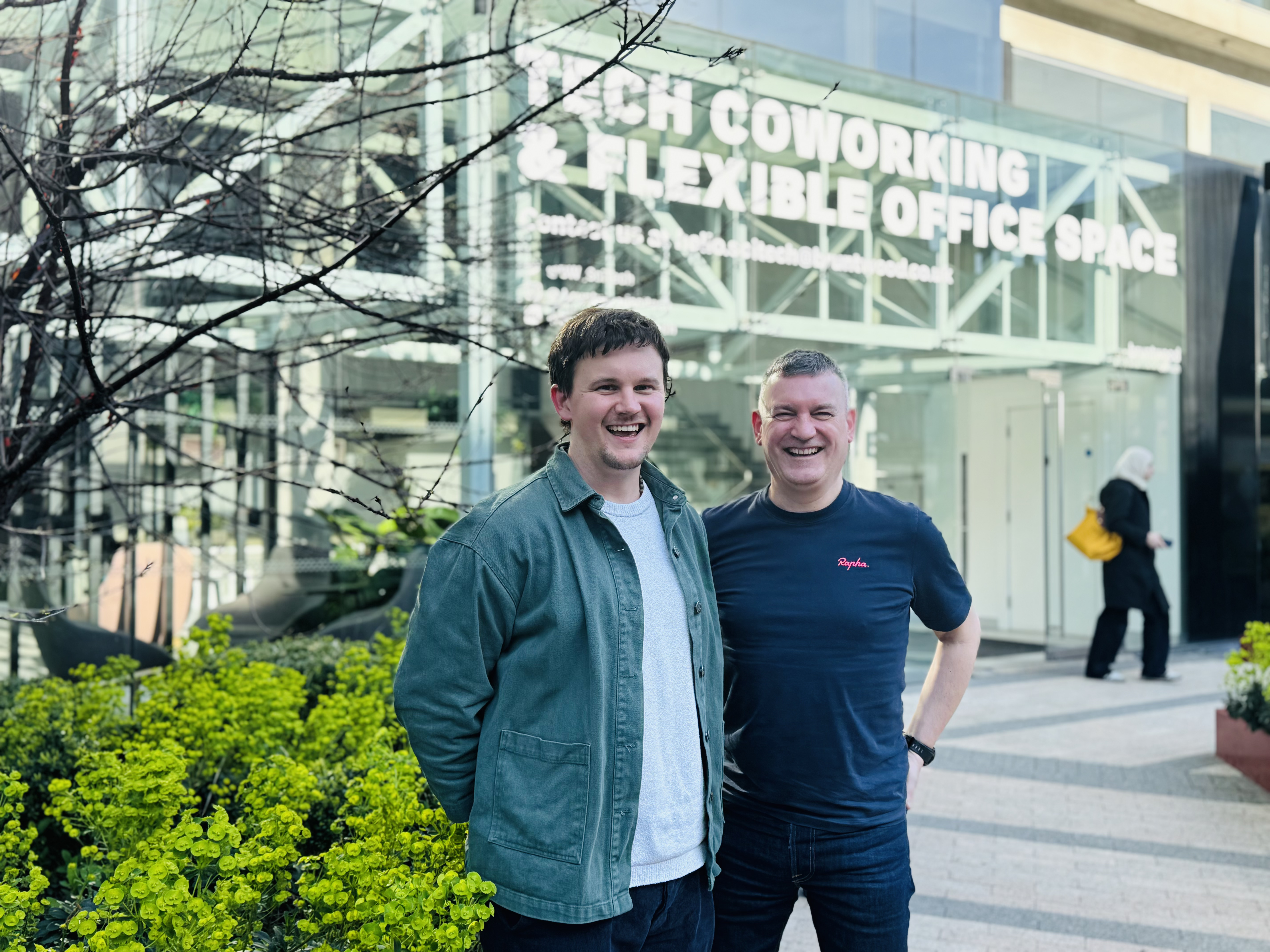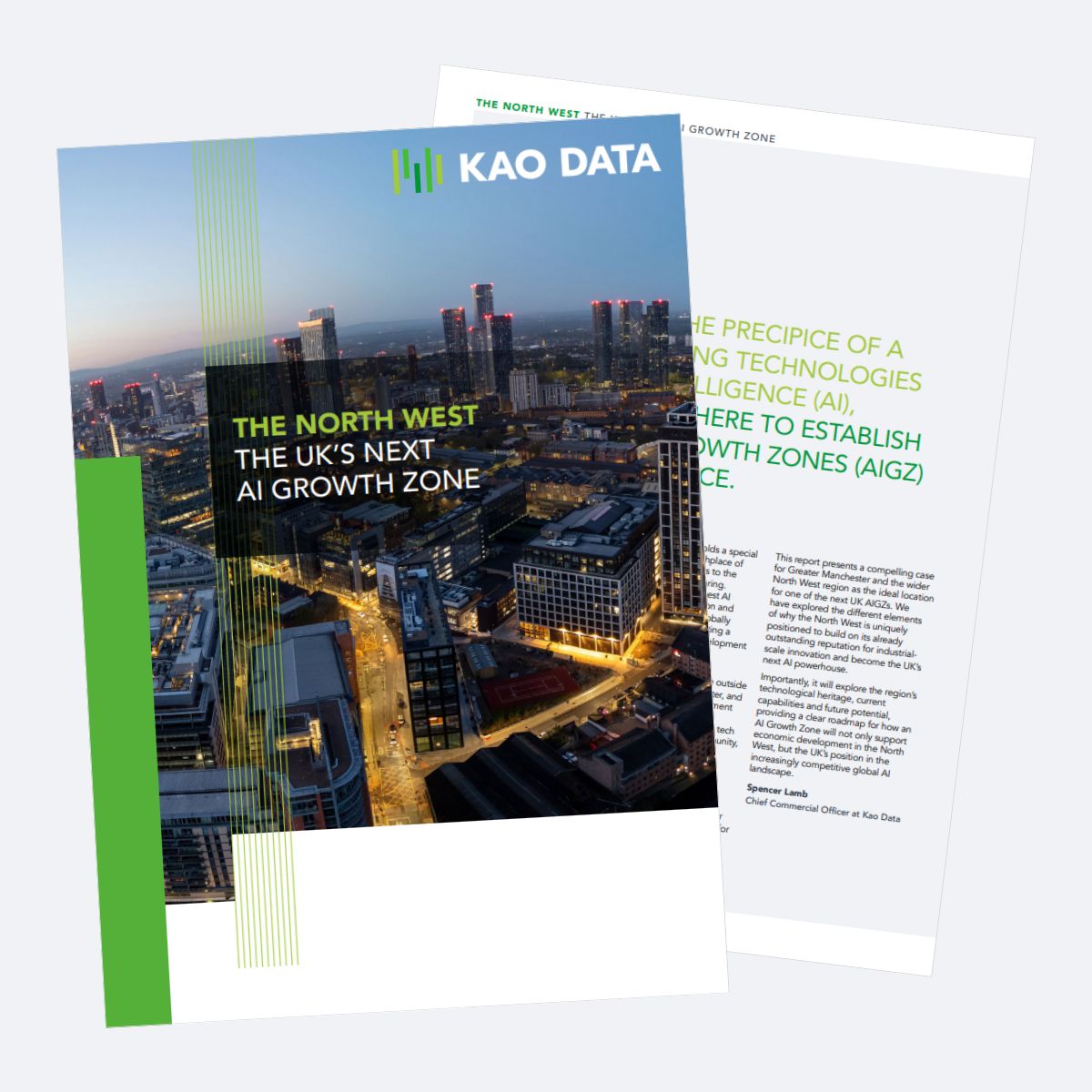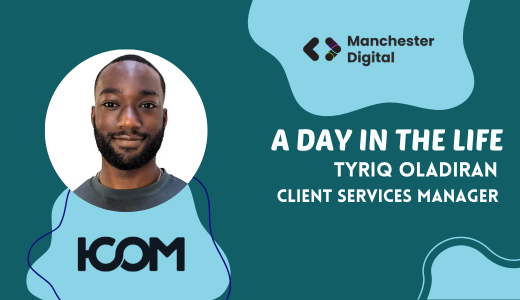
As we approach 2025, Manchester Digital is excited to share Picturing 2025 - a series of essays from our members offering insights into the tech trends and challenges ahead. Below, ZOHO share their expectations for next year around AI and Automation.
Artificial Intelligence (AI) and automation are at the heart of digital transformation, reshaping industries and redefining business operations in the UK. At Zoho, these technologies are not only revolutionising our own processes but also empowering our customers to innovate and succeed. As we look to 2025, the pivotal role of AI in boosting business efficiency and navigating regulatory frameworks is clearer than ever.
AI as a Catalyst for Digital Transformation
The transformative power of AI is no longer a prediction—it is a reality. Across industries, AI is reshaping operations, from supply chain management to customer engagement. Its ability to automate repetitive tasks, identify patterns, and provide predictive insights has revolutionised sectors as diverse as healthcare, retail, manufacturing, and finance.
One of AI’s most profound contributions is the democratisation of data. The sheer volume of information generated daily is beyond human capacity to manage, yet AI-powered tools can process, cleanse, and analyse this data in real time. For businesses, particularly small and medium-sized enterprises (SMEs), this capability levels the playing field. SMEs can harness data-driven insights to make informed decisions, identify emerging trends, and optimise operations—advantages once exclusive to large corporations with significant resources.
By 2025, we predict the emergence of even more sophisticated AI tools tailored to niche industries. These tools will integrate seamlessly into existing workflows, ensuring that businesses of all sizes can leverage the full potential of AI without requiring extensive technical expertise. The result will be a more inclusive and competitive digital economy where innovation is accessible to all.
The Evolving Role of AI in Software and Work
As AI technology matures, we are entering a new era in software development and workplace dynamics. By 2025, we anticipate that AI will automate over half of basic coding and development tasks. This shift will significantly reduce the time and cost associated with software creation, enabling businesses to deploy customised solutions faster than ever before.
AI’s influence will extend beyond development to redefine how software is used. Intelligent systems will evolve to predict user needs, offering proactive solutions and adaptive interfaces that enhance user productivity. For instance, AI-driven project management tools could anticipate bottlenecks in workflows, reallocating resources automatically to maintain efficiency. Similarly, customer service platforms powered by advanced AI will provide hyper-personalised interactions, improving customer satisfaction while reducing costs.
Workforce dynamics will also see a transformation. As routine tasks become automated, employees will focus on higher-value activities that require creativity, emotional intelligence, and strategic thinking. By 2025, businesses that successfully integrate AI into their operations will likely see a surge in employee productivity and engagement, as repetitive tasks are minimised and human potential is fully utilised.
Balancing Innovation with Regulation
The rapid growth of AI has brought ethical considerations and regulatory challenges to the forefront. In the UK, research indicates that nearly half of businesses (46%) are advocating for stronger government intervention to mitigate AI-related risks, while 39% are calling for policies that ensure safe and ethical AI development. As we approach 2025, the intersection of innovation and regulation will be a critical focus area.
Governments and international bodies are already working to establish comprehensive regulatory frameworks to address concerns around privacy, bias, and transparency. For businesses, navigating these regulations will require agility and proactive adaptation. However, these regulations should not be seen as barriers; instead, they present an opportunity for organisations to differentiate themselves by championing ethical AI practices.
At Zoho, we are committed to embedding ethical principles into our AI systems. By prioritising privacy, ensuring data transparency, and implementing robust governance structures, we are not only meeting regulatory expectations but also building trust with our customers. This trust will be a key differentiator for businesses in 2025, as consumers increasingly seek out organisations that align with their values.
We also foresee that regulatory frameworks will drive innovation in AI security and risk management. Businesses will invest in advanced tools to monitor and mitigate risks in real time, ensuring compliance while maintaining operational efficiency. These tools will likely become standard components of enterprise AI systems by 2025, setting a new benchmark for responsible AI deployment.
Thriving in the AI-Driven Future
As we approach 2025, the potential of AI extends beyond technology—it is about how businesses use it to create value responsibly. The next few years will not only be about adopting AI but about harnessing its potential thoughtfully. As we stand on the cusp of 2025, the businesses that thrive will be those that embrace both the opportunities and the responsibilities that come with this powerful technology.
By Sachin Agrawal, UK Managing Director, Zoho








